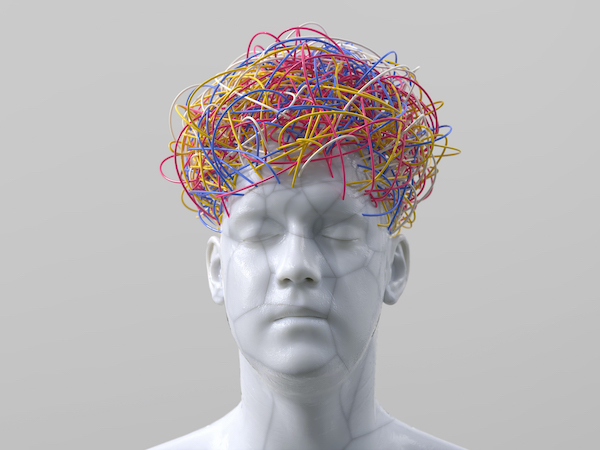There is no such thing as one type of brain injury. Whether we refer to traumatic brain injury, stroke, or brain infection, all these events can leave a lifelong impact. In this video you can listen to the testament of various individuals, each one suffering from a different form of brain injury and learn how this occurrence has changed their lives.
This week, we would like to raise awareness on brain injury, which affects so many people as they are left with physical disabilities, intellectual deficits, behavioural and psychiatric changes that profoundly alter their personality. All these alterations have a devastating impact on people’s relationships whether within the family or the society at large.
The brain is our most complex organ, the one that controls many bodily functions but also the place where our emotions, memories and intellectual capabilities reside. The reason why each brain injury causes a different array of dysfunctions depends on the area and the size of the brain that has been damaged and various individual circumstances such as the genetics and age.
Once dead, neural cells cannot be replaced. Although a small degree of new neurons are generated throughout life, the neurons we have lost are not restored. Despite this limitation, the brain has the ability to create new connections to partially replace those functions that have been lost after neurons have died. This is called plasticity.
In my laboratory, both in Zurich and Melbourne at Monash University, we have studied for 25 years the effects of traumatic brain injury, both at clinical and experimental level with animal models. Our collaborative relationships with neurosurgeons, intensive care physicians, trauma surgeons, neurologists and rehabilitation physicians taught us the challenges these specialists encounter in the treatment of traumatic brain injured patients. As it is for love (cit. Leonard Cohen) also for brain injury, sadly, there is no cure. We have progressed in the diagnosis, intensive care management and rehabilitative strategies, which if well-orchestrated can result in exciting positive outcomes. But the problem remains: we do not have treatments that can counteract the devastating loss of brain matter and the progression of brain damage.
The lifelong management of a brain injured patient is very costly for the health care system but is also a huge human price for those supporting a disabled family member.
This is the reason why we should not forget the burden brain injury represents in our society, thus helping those affected by providing critical services, funding meaningful research and support those scientists in search of new therapies.
Useful links:
https://www.braininjuryaustralia.org.au/
https://synapse.org.au/about-synapse/
https://brainfoundation.org.au/disorders/acquired-brain-injury/

